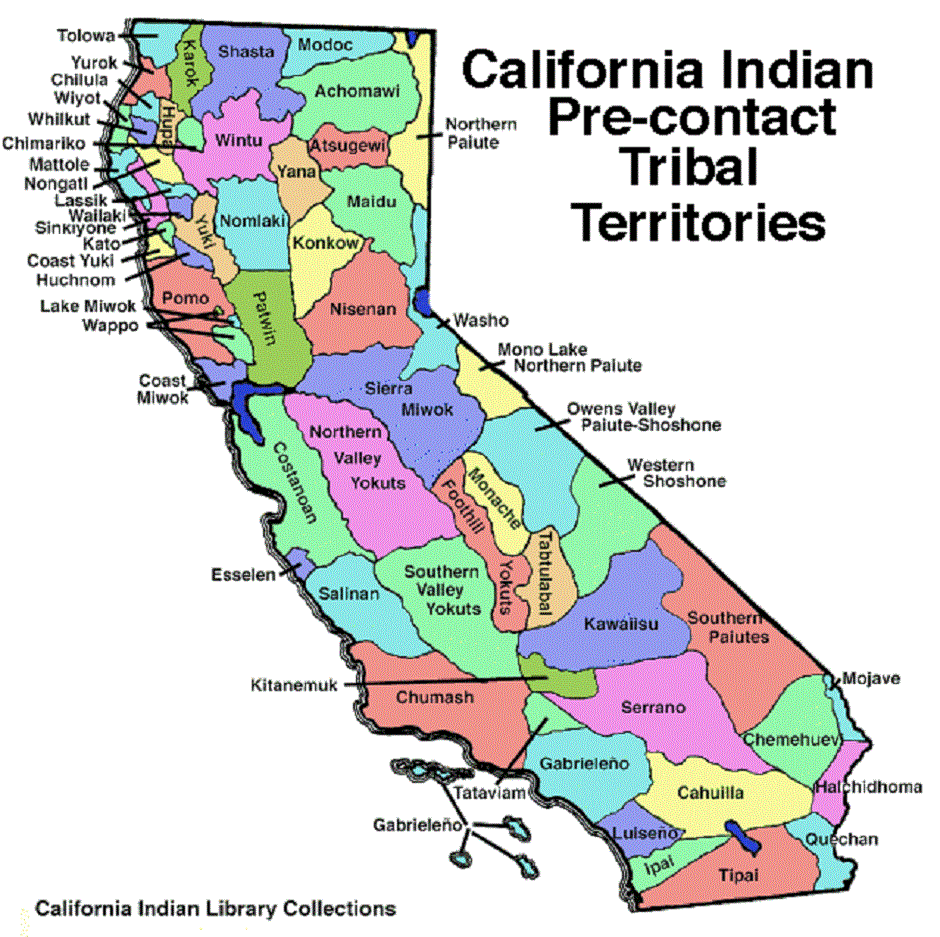
In a few short years, American Indians in California went from being the poorest people in the state to among the richest - from being virtually invisible, to being the most powerful political lobby in the 6th largest economy in the world. For the Cabazon and Morongo tribes of Southern California, the plaintiffs in the landmark Supreme Court case, the potential wealth from gambling was unimaginable.
Years of excruciating poverty have not been lost on three-time chairwoman Mary Ann Andreas of the Morongo tribe, whose reservation is near Palm Springs. She remembers the dirt floor shack of her childhood, and the impossibility of dreaming for the wealth the tribe now holds. For Viejas tribal Chairman Anthony Pico, the abundance of today harks back to the times before contact with Europeans.
Today, the State is trying to charge a gaming tax greater than the standard corporate rate, a challenge to the newly found abundance of California tribes. California's "Lost" Tribes is the first documentary to go behind the facade of glitz and glamour of American Indian casinos to reveal the current conflicts over Indian gaming, explore the historical underpinnings of tribal sovereignty, and the evolution of tribal  gaming over the last thirty years. Concern over gaming is further stoked by the development of casinos in rural lands, creating friction between tribes and non-Indians. California's "Lost" Tribes captures the impact of gaming on Indian self-determination, and the challenges Native people face in defining the identity of their people for the future.
gaming over the last thirty years. Concern over gaming is further stoked by the development of casinos in rural lands, creating friction between tribes and non-Indians. California's "Lost" Tribes captures the impact of gaming on Indian self-determination, and the challenges Native people face in defining the identity of their people for the future.